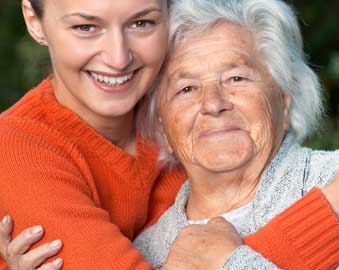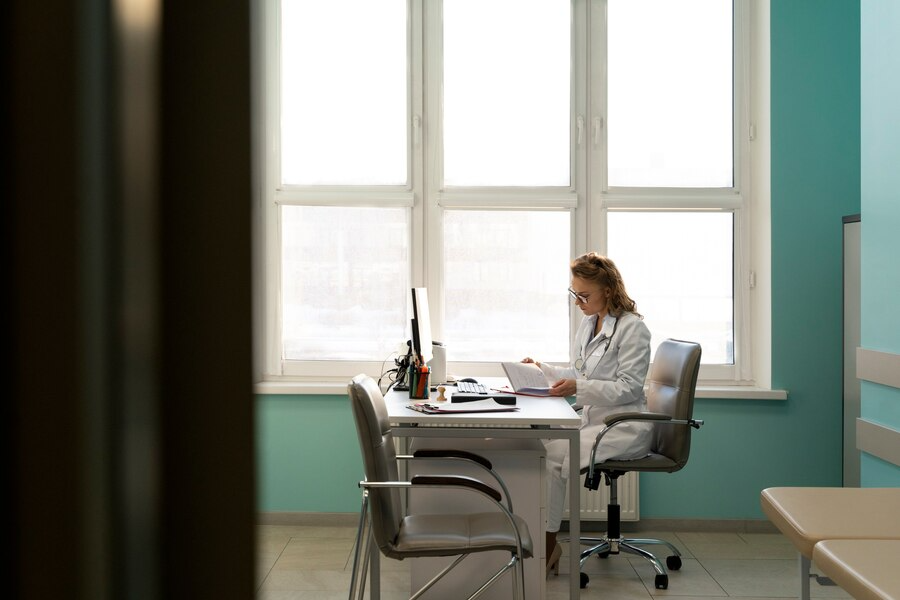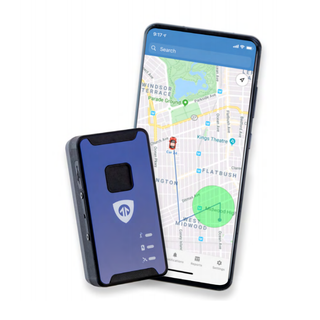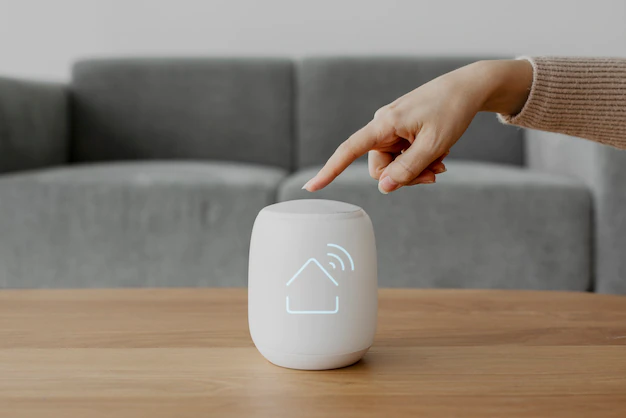Using GPS In Elderly Care
Modern care techniques offer independence for the elderly and peace-of-mind for their caretakers

When an elderly loved one develops dementia or a condition that involves memory loss like Alzheimer’s, it used to be that the only option was assisted living. Unless a family member was able to devote their life to providing ongoing care, or afford professional in-home care, assisted living was the only way to ensure that your loved one was safe. With advancements in personal GPS tracking and home automation technology, it is now possible for elderly patients who suffer from Alzheimer’s and dementia to live much less assisted lives, oftentimes even in the comfort of their own homes.
When we think of GPS tracking devices, various uses may come to mind, such as keeping tabs on company vehicles, valuable assets, teenage drivers, or even children. GPS trackers can be used for more than covert tracking, being beneficial for users to check on the whereabouts, safety, and well-being of the person carrying the device. These devices can be extremely useful for the caretakers of elderly patients, helping address some of the greatest concerns about their care.
Caretaker Concerns About Elderly Patients

Most of the major concerns family members feel regarding the care of their elderly parents or relatives, especially those with Alzheimer’s or dementia, are related to safety. Caretakers worry that if someone isn’t accompanying their loved one at all times, these may be some of the consequences:
- Going out and getting lost
- Wandering about aimlessly
- Confusion about where they are
- Forgetting to take medication
- Forgetting to eat or engage in self-care
Fears of this kind are some of the main reasons that family members and caretakers may choose to place elderly loved one into assisted living. It is safer for the patient to be monitored at all times to ensure that they are taking care of themselves and are safe. If no one is able to stay with them on a regular basis, these will be ongoing concerns.
In spite of this, many elderly patients, even those suffering from conditions which may cause them to unknowingly place themselves in danger, wish to retain their independence. For these patients, assisted living can be extremely difficult if they are not allowed to run errands or even take walks alone. Some elderly patients who are lucid for at least part of the time may come to resent the protectiveness of their family members or caretakers. Elderly people often enjoy their independence and embrace opportunities to go out unassisted or take care of themselves without the help of another person. This has been nearly impossible for patients of Alzheimer’s and dementia until recent advances in technology have made independence a possibility.
How Personal GPS Tracking Devices Can Help the Elderly

Personal GPS tracking devices are a simple solution to many of the concerns family members and caretakers feel about elderly loved ones. If a GPS tracking device is attached to the patient, the caretaker can use a smartphone or computer to check on their whereabouts at any time. This can be extremely useful in cases where elderly individuals are prone to wander and get lost, or when they want to go out and run errands or take walks without the pressure of being accompanied by someone else.
A GPS tracking device, like Brickhouse Security’s Spark Nano 6.0, can be attached to your loved one using a wearable accessory or placed inside of a bag or pocket to help you keep tabs on their location at all times. This way, elderly loved one can still live independently, going for walks, running errands, or even safely spending time in their own yard. The device can also be programmed to send notifications about speeding if your loved one is still driving. Even if the patient does not drive, the device can be programmed to send a notification when the wearer has passed outside of a certain boundary line, called a geofence. This is useful if the patient likes to walk a certain path each day as you can be notified if they deviate from that path, or if the patient has left the property even when they aren’t supposed to be on a walk.
A caretaker will be able to use the included app to check on the patient’s exact location and to set up alerts so that they are notified if the patient leaves the house or hasn’t moved for a certain period of time. Another added benefit of using a personal GPS tracking device is the addition of an SOS button so that elderly patients can call for help in the event of an emergency. GPS tracking will allow family and emergency personnel to locate them quickly and easily.
Other Home Automation Options for Elderly Care
![]()
GPS tracking devices can help solve some of the biggest concerns caretakers and family members have about their elderly relatives’ well-being, but they don’t address everything. Advances in smart home technology may be the answer to helping an Alzheimer’s or dementia patient to live independently in their own home. Smart home technology allows caretakers to do more than check in on a patient’s whereabouts, also allowing them to identify whether the patient is engaging in self-care when they are unattended. A smart home can be easily and affordably set up for an elderly patient and monitored by a trusted caretaker or family member. In fact, multiple users can work together to monitor the home, ensuring that everyone is confident in the safety of their loved one.
Smart home technology can be used to help caretakers and family members monitor many of their elderly relative’s activities throughout the day, helping them to ensure their loved one is safe and cared-for. Some of the most popular devices used to ensure the safety of a loved one are sensors and these can be used to track a variety of things including:
- Opening and closing of doors, specifically exits
- Access to the refrigerator or pantry
- Access to a pill cabinet or dispenser
- Motion detectors to alert to movement or lack of movement
Technology for elderly care is being developed all the time to help caretakers ensure that their patients are taking their medicine, eating, getting out of bed in the morning, and returning home after running errands. When monitoring your loved one, the most important part is making sure that you’re able to keep them safe.
The Future of GPS and Home Automation for the Elderly

As technology continues to advance, caretakers and loved ones are finding new and improved ways to care for elderly relatives, especially those who suffer from Alzheimer’s or dementia and are unable to care for themselves on a regular basis. Using a personal GPS device is an excellent way for caretakers to keep a constant tab on the location of their patient in order to ensure that they are safely where they need to be. The market is continually expanding to provide technology to meet individual needs, especially when it comes to the care of the elderly.
Technology that is already beginning to appear on the market include devices that can sort and dispense medication, monitor vital signs to check for emergency situations, and more. As caretakers address concerns, technology developers begin looking for solutions.
As your loved ones enter their senior years, the technology needed to protect their health, well-being, and lifestyles is widely available on the market today. In the past, assisted living may have often been the best option, but GPS and smart home technology are making safety and independence a reality for families.
Posted by Todd Morris on Apr 29th 2024

